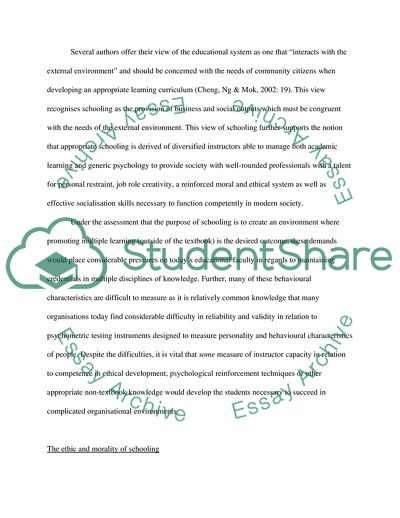Cite this document
(The Purpose of Schooling and the Merits of a Flexible Organisational Coursework, n.d.)
The Purpose of Schooling and the Merits of a Flexible Organisational Coursework. Retrieved from https://studentshare.org/education/1717998-purpose-of-schooling
The Purpose of Schooling and the Merits of a Flexible Organisational Coursework. Retrieved from https://studentshare.org/education/1717998-purpose-of-schooling
(The Purpose of Schooling and the Merits of a Flexible Organisational Coursework)
The Purpose of Schooling and the Merits of a Flexible Organisational Coursework. https://studentshare.org/education/1717998-purpose-of-schooling.
The Purpose of Schooling and the Merits of a Flexible Organisational Coursework. https://studentshare.org/education/1717998-purpose-of-schooling.
“The Purpose of Schooling and the Merits of a Flexible Organisational Coursework”. https://studentshare.org/education/1717998-purpose-of-schooling.


